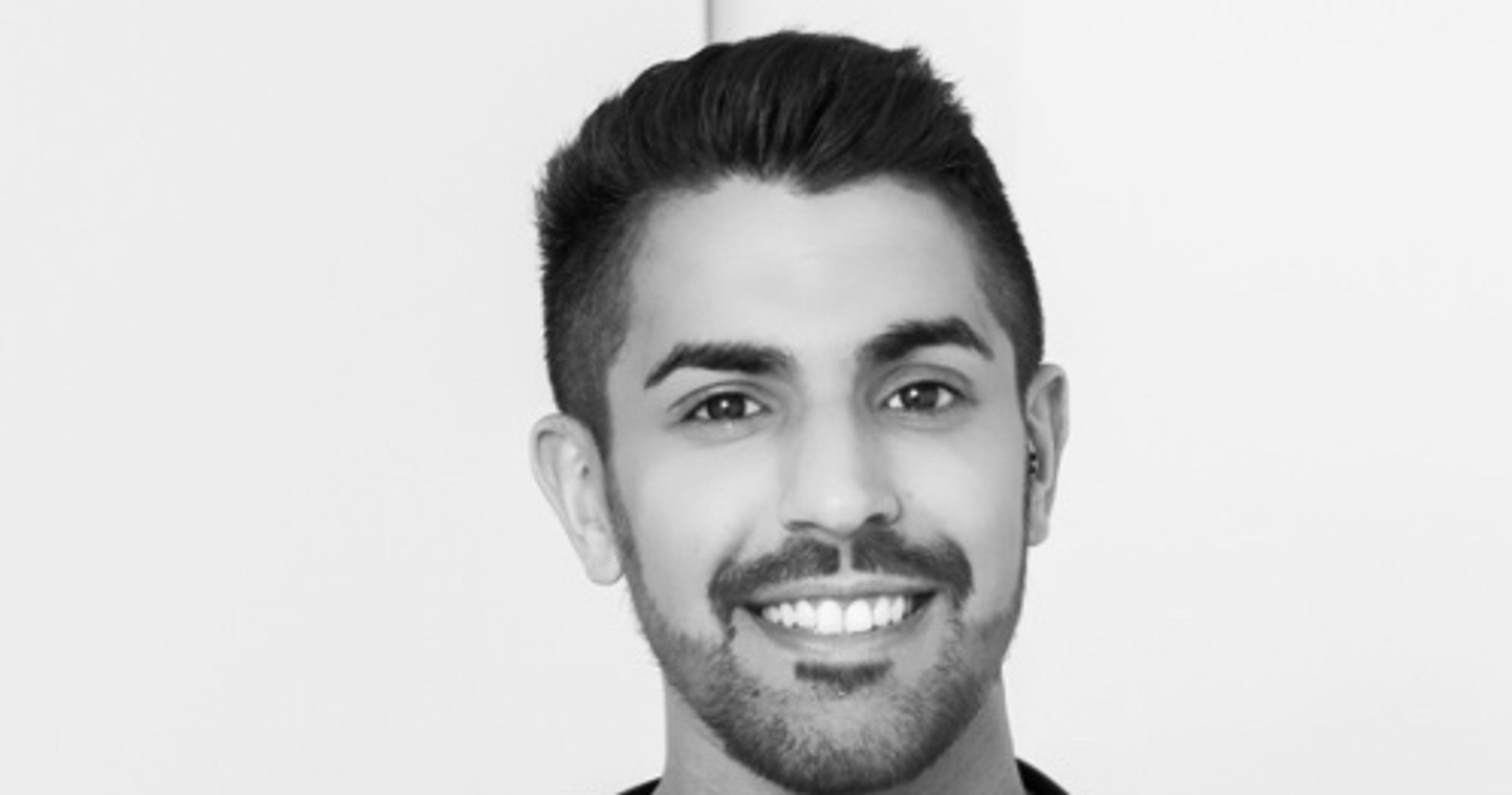I had the pleasure of chatting with Dr Shaan Patel of Aatma Aesthetics as part of the Glowday Practitioner Spotlight series, and he filled me in on the key to subtle aesthetic treatments, and why trust is so important in a patient-practitioner relationship.
Thanks for chatting with me, Dr Shaan. Firstly, tell me about how you got into aesthetics.
I really enjoy clinical medicine and will continue with that but, for me, the move into medical aesthetics was partly down to the appeal of having my own business and being my own boss. But I really got into it when I went to work in Australia. People often see the aesthetics industry in a negative way, with the view that it can be damaging, but what I actually saw was that you could give people a really positive outcome and make them feel great. This really took away the negative aspect for me and completely changed my mind about the industry.
I went to CCR in London a couple of years ago, with the preconception that the practitioners there would be standoffish because there are so many people competing against each other, but what I actually found was that people wanted to help each other and to see others succeed.
I love working in the aesthetics industry. You get such a buzz from positive feedback in the same way you do when you get likes on social media.
What are clients’ biggest worries when they first come in for a treatment?
Some clients come in with negative stereotypes of the industry, which are often down to the media and certain celebrities. This often means that they’re worried about what they might look like after a treatment - think duck lips or the frozen look. But it all comes down to educating the patient about what a treatment actually involves and the overall look it is likely to achieve. It’s really important to be clear about this, and it generally dispels any worries.
What’s the key to subtle aesthetic treatments?
I always tell patients that less is more. I’ll always do one area and get a client to guide me - so I’ll show them what I’m doing throughout the procedure. Whether it’s subtle or not, the key is to ensure it’s a two-way street. The client should guide you as much as you should guide them. Many practitioners don’t do this but I’ve had great feedback from my clients about the fact that I do. I allow them to be involved and show them what I’m doing every step of the way.
How important is trust in a client-practitioner relationship?
From a doctor’s perspective, trust is key and is the most important thing between a client and a practitioner. If your client can't trust you in the consultation, you've already lost them. Establishing a trusting relationship in the first instance is important so they know they can rely on you at every step in their journey - in the consultation process, during the treatment and during aftercare. Especially in the rare event that anything goes wrong. Trust can also impact how a client sees a treatment and its result.
Communication, which medics are trained in, is also really important when it comes to trust - the ability to explain what's happening and why.
Is it ever too late to start getting aesthetic treatments?
It’s definitely never too late to start getting aesthetic treatments. I've got clients who are between 25 and 75 years old, and treatments mean different things to them. I enjoy seeing people of all ages and, in fact, I'm constantly widening my skill set.
Harley Street is synonymous with aesthetics. What does it mean to you to have a clinic there?
I feel really privileged and honoured to work at such a prestigious address, but I don't think the address alone gives you enough kudos; you have to earn that. Though it's a well renowned address, that's not enough - it's important to earn your badge.

